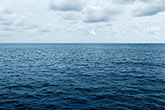Schlumberger commits to net zero by 2050
As part of its decarbonisation strategy, the company will use a Transition Technologies portfolio to address fugitive emissions, flaring reduction, electrification, well construction emissions, and full field development solutions.









